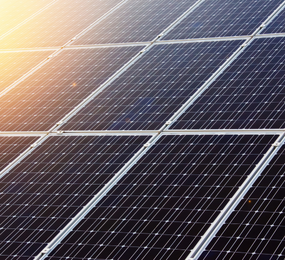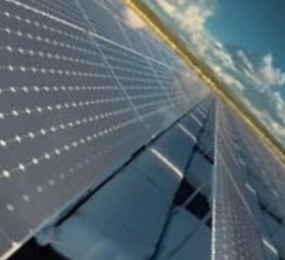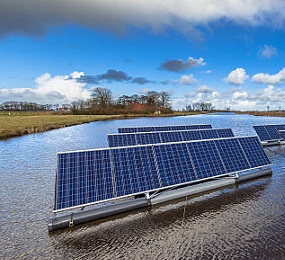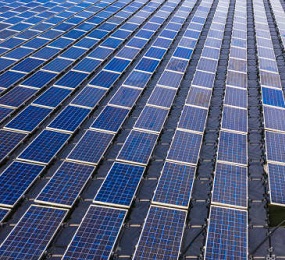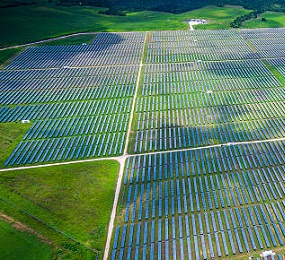The intersection of water and energy presents a unique opportunity to address pressing challenges such as water scarcity and energy security. Floating solar installations, when integrated with desalination processes, offer a sustainable solution that leverages the power of the sun to produce clean water, highlighting the symbiotic relationship between water and energy.
Water scarcity is a growing concern worldwide, exacerbated by population growth, urbanization, and climate change. Desalination, the process of converting seawater or brackish water into freshwater, offers a solution to mitigate water scarcity in coastal regions. By harnessing the abundant solar energy available on water bodies, floating solar installations can power desalination plants, providing a sustainable source of freshwater to communities facing water stress.
Integrating floating solar with desalination processes offers several advantages. Solar panels installed on water bodies not only generate electricity but also provide shading, reducing evaporation and minimizing water loss during the desalination process. Additionally, the proximity of floating solar installations to desalination plants reduces transmission losses and enhances energy efficiency, making solar-powered desalination a cost-effective and environmentally friendly solution.
Floating solar for desalination promotes sustainability and resilience by reducing dependence on fossil fuels and mitigating greenhouse gas emissions associated with traditional desalination methods. By harnessing solar energy, floating solar installations offer a renewable and carbon-neutral alternative to fossil fuel-powered desalination plants, contributing to climate change mitigation efforts and environmental conservation.
The integration of floating solar with desalination creates a synergistic relationship between water and energy, maximizing resource utilization and efficiency. Solar-powered desalination plants can operate during daylight hours when solar energy is abundant, reducing reliance on grid electricity and enhancing energy security. Additionally, excess solar energy generated during peak sunlight hours can be stored or used to power other water treatment processes, further optimizing resource management and resilience.
In conclusion, floating solar for desalination represents a sustainable water-energy nexus that addresses water scarcity challenges while promoting environmental sustainability and resilience. By harnessing the power of the sun to produce clean water, floating solar installations offer a viable solution to meet the growing demand for freshwater in a changing climate. As countries worldwide seek to secure access to clean water and sustainable energy, the integration of floating solar with desalination holds immense promise for building a more resilient and water-secure future.
To register or learn more about the Forum please check here: https://bit.ly/46Vw6nm
For more information and group participation, contact us: [email protected]


